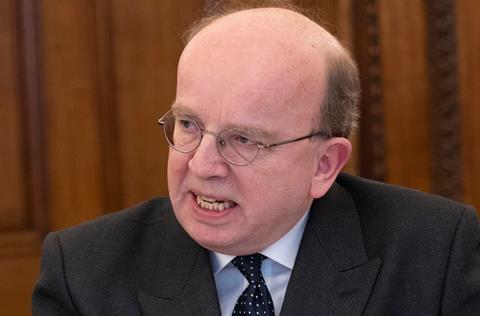An $11.1bn arbitration award which ‘should not have come into existence’ has been set aside by the High Court. Refusing oil and gas company Process & Industrial Development leave to appeal in Nigeria v P&ID, Mr Justice Robin Knowles acknowledged ‘it is a major thing’ for arbitration awards to be set aside. However he concluded that all three grounds had no real prospect of success.
The appeal attempt followed the government of Nigeria’s victory in dismissing an arbitration award over an oil and gas contract obtained by ‘fraud and bribery’. P&ID argued that it had ‘at least a real prospect’ of success in establishing that the court was wrong to uphold Nigeria’s challenge. Its grounds of appeal were based on perjury irregularity, bribery irregularity and documents irregularity.
P&ID also argued that other compelling reasons for an appeal included the ‘potential consequences’ of the judgment for lawyers who had worked on the arbitration award.

The judge acknowledged the judgment, handed down in October, had been referred to the regulators – the Solicitors Regulation Authority and the Bar Standards Board. He added: 'That course recognises that regulatory proceedings are a separate matter.'
At the time of the original judgment, both named lawyers denied wrongdoing and, in separate statements, said they did not accept the judgment’s criticism.
The leave to appeal judgment said the tribunal, which had made the award, had been caused to ‘consider and reach and publish to the parties its significant conclusions … on foundations that were false’.
It added: ‘There is, in my judgment, no real prospect of justice being done by the tribunal upon reconsideration. That is not, in this case, because of the behaviour of the tribunal. It is because of the behaviour of P&ID.
‘P&ID has made that position worse still by persevering for many years since in its efforts to prevent the awards being remitted.'
Refusing permission to appeal and setting aside the award, the judge said: ‘P&ID has had a fair trial and it has lost. Of course, the case may attract consideration elsewhere, and I have, in terms, encouraged reflection. But that does not require an appeal. The grant of leave to appeal would not be just in all the circumstances.’
A spokesperson for the Federal Republic of Nigeria said the decision ‘marks the conclusion of a historic victory for the people of Nigeria’. He added: ‘With permission to appeal having been refused, no further recourse is available to P&ID and so the Nigerian people can have final confirmation that justice has been served. Today’s decision has drawn a final end to this saga.
‘This result could not have been achieved without the tenacity and tireless efforts of the legal team who have persistently worked to obtain this outcome on behalf of Nigeria – led by partners Shaistah Akhtar, Andrew Short and Zachary Segal of Mishcon de Reya, and the English counsel team led by Mark Howard KC and Philip Riches KC.’


























